"Govt. faces tough choice," NBS warns
National Bank of Serbia (NBS) Governor Radovan Jelašić has warned the budget deficit could exceed 4.5 percent GDP, or EUR 1.4bn, the limit agreed with the IMF.
Wednesday, 09.09.2009.
10:50

National Bank of Serbia (NBS) Governor Radovan Jelasic has warned the budget deficit could exceed 4.5 percent GDP, or EUR 1.4bn, the limit agreed with the IMF. Speaking for the Wednesday edition of Belgrade daily Vecernje Novosti, Jelasic said he did not even want to consider the possible consequences if the IMF were to see in October that Serbia had failed to abide by the agreed terms. "Govt. faces tough choice," NBS warns The agreement with the IMF is of key importance for economic stability, the economy, and the standard of living, the NBS governor stressed. "I am aware that the government is facing a difficult decision, to pick between the bad, the worse, and the worst solution, but there is no alternative. The time has passed when someone could just cash in privatization money," the governor said, underscoring that no pressure was being put on the central bank to print money. The NBS has not intervened on the foreign-currency market since February, he said, which meant that the money received from the IMF was still sitting in the foreign-currency reserves. "The hard-currency reserves have even grown over the past couple of weeks by around EUR 200mn. Nevertheless, any forecasts in terms of the rates of exchange and inflation will largely depend on whether there will be an agreement with the IMF," Jelasic said. "Economy activity has stabilized in recent months, while even slight growth is expected in 2010. However, the key question is when economic growth will return to its level of 18 months ago. If that takes three years, we’ll be hard pushed to finance the hole in the budget,” the governor warned. Asked whether the government had the strength or will to do what it had pledged, he replied: “It needs to be given a chance, that’s what the IMF did. In any case, public sector reform is a much harder way than increasing VAT.” According to Jelasic, the third option would be an exclusive combination of the two. “Four months ago, the government adopted a document which explicitly stated that we would increase VAT and cut salaries if revenue was less than planned,” he said. The governor said that the consolidated deficit in the first seven months of the year had been EUR 716mn, while the August budget had a deficit of only EUR 107mn. “In July, there was an increase in revenue, but only one-offs. For example, from re-registration of cars with Montenegrin plates. Sadly, ‘savings’ were made on investments, which were well below expected, which is bad,” he lamented. Asked if it was wise to use the EUR 600mn received so far from the IMF to shore up the budget, Jelasic replied that, unlike the majority of countries, Serbia had “pounced“ on that money straight away to cover the budget deficit. “The best thing would be if Serbia had an economic policy that didn’t require added foreign financing and that that money went to the NBS foreign currency reserves instead of the budget,“ said the governor. Radovan Jelasic (FoNet, archive)
"Govt. faces tough choice," NBS warns
The agreement with the IMF is of key importance for economic stability, the economy, and the standard of living, the NBS governor stressed."I am aware that the government is facing a difficult decision, to pick between the bad, the worse, and the worst solution, but there is no alternative. The time has passed when someone could just cash in privatization money," the governor said, underscoring that no pressure was being put on the central bank to print money.
The NBS has not intervened on the foreign-currency market since February, he said, which meant that the money received from the IMF was still sitting in the foreign-currency reserves.
"The hard-currency reserves have even grown over the past couple of weeks by around EUR 200mn. Nevertheless, any forecasts in terms of the rates of exchange and inflation will largely depend on whether there will be an agreement with the IMF," Jelašić said.
"Economy activity has stabilized in recent months, while even slight growth is expected in 2010. However, the key question is when economic growth will return to its level of 18 months ago. If that takes three years, we’ll be hard pushed to finance the hole in the budget,” the governor warned.
Asked whether the government had the strength or will to do what it had pledged, he replied: “It needs to be given a chance, that’s what the IMF did. In any case, public sector reform is a much harder way than increasing VAT.”
According to Jelašić, the third option would be an exclusive combination of the two. “Four months ago, the government adopted a document which explicitly stated that we would increase VAT and cut salaries if revenue was less than planned,” he said.
The governor said that the consolidated deficit in the first seven months of the year had been EUR 716mn, while the August budget had a deficit of only EUR 107mn.
“In July, there was an increase in revenue, but only one-offs. For example, from re-registration of cars with Montenegrin plates. Sadly, ‘savings’ were made on investments, which were well below expected, which is bad,” he lamented.
Asked if it was wise to use the EUR 600mn received so far from the IMF to shore up the budget, Jelašić replied that, unlike the majority of countries, Serbia had “pounced“ on that money straight away to cover the budget deficit.
“The best thing would be if Serbia had an economic policy that didn’t require added foreign financing and that that money went to the NBS foreign currency reserves instead of the budget,“ said the governor.


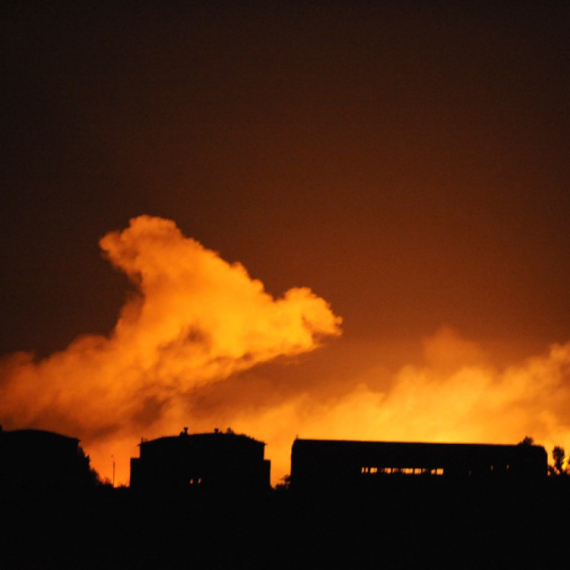
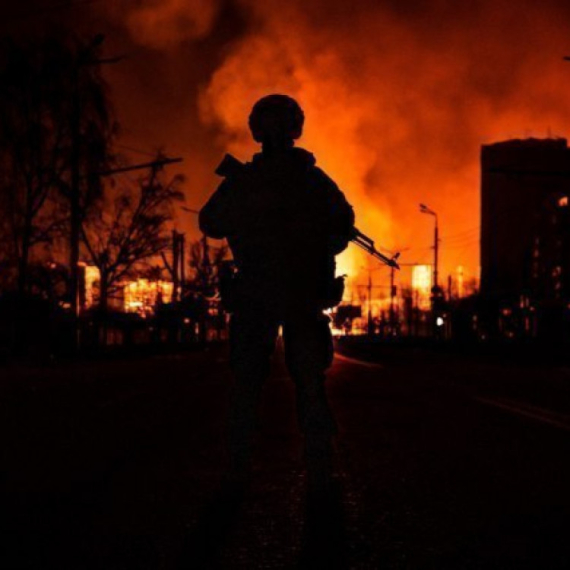
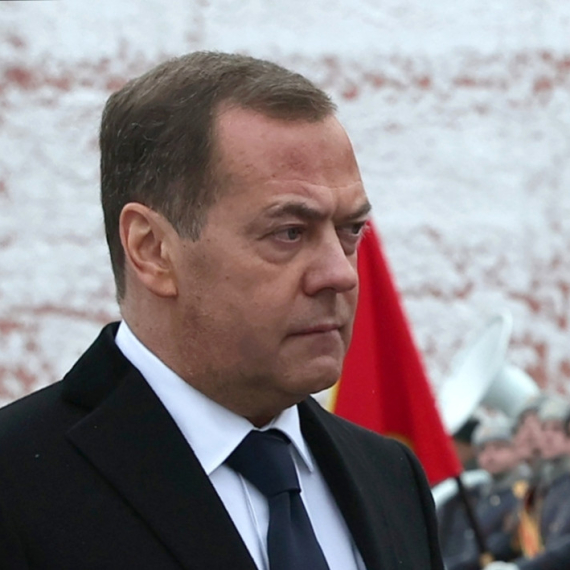

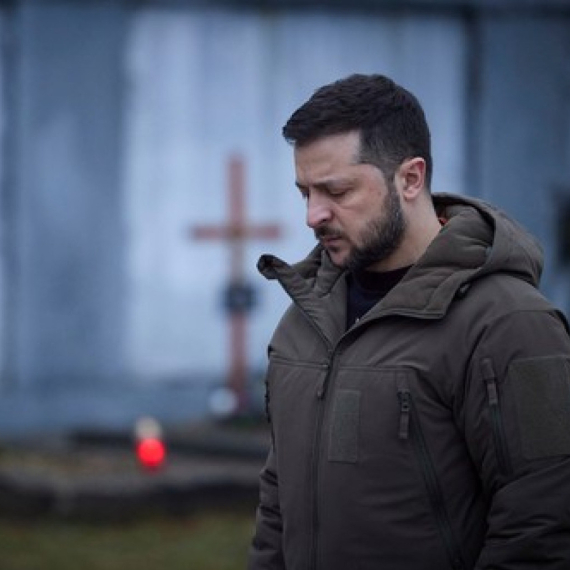




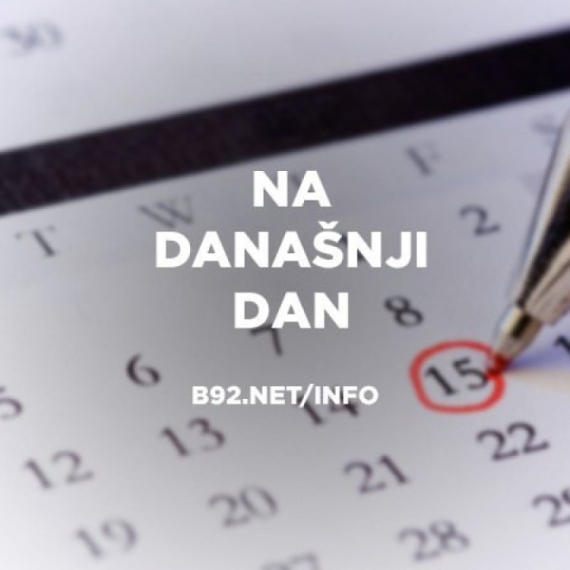



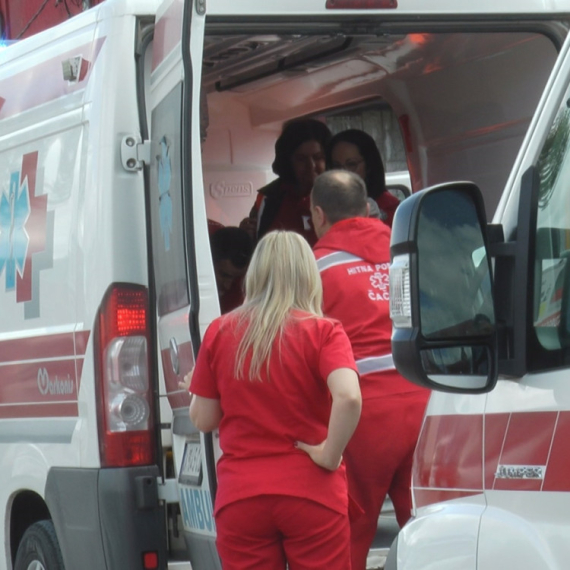




















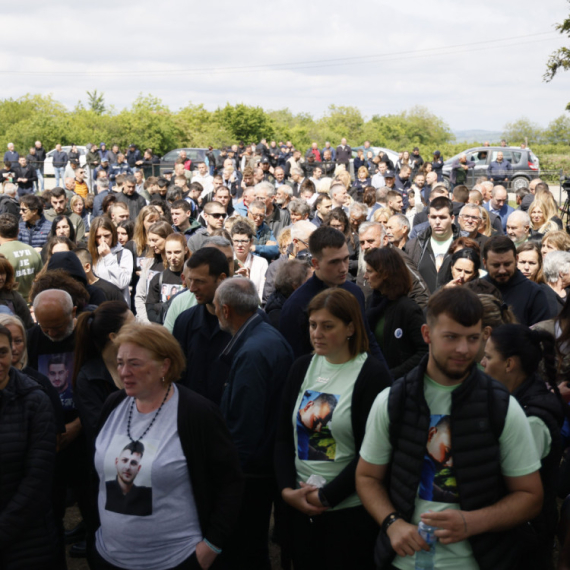
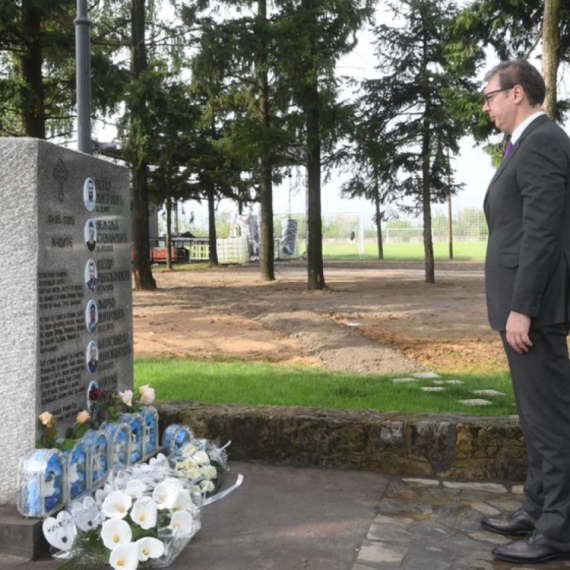

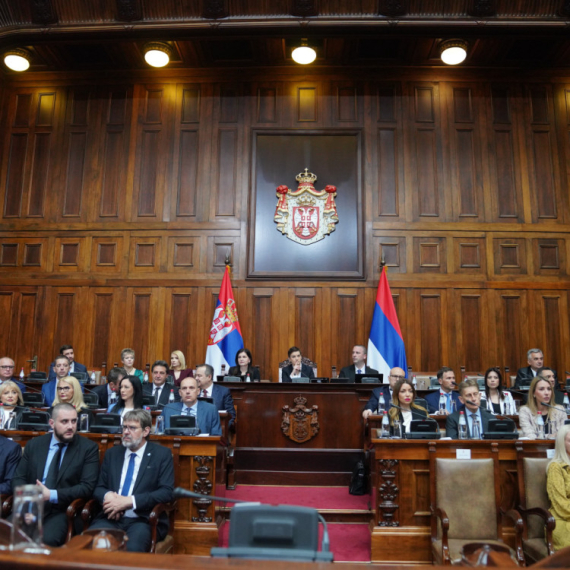



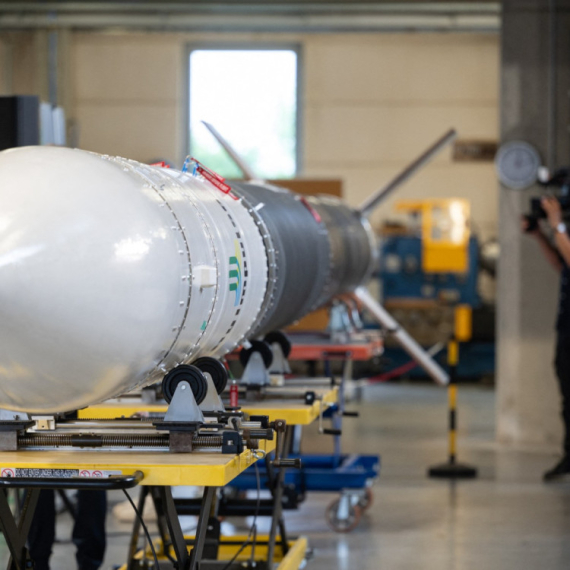







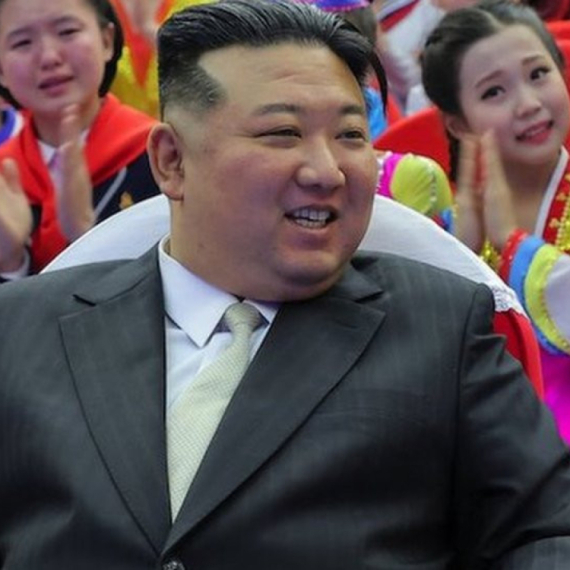
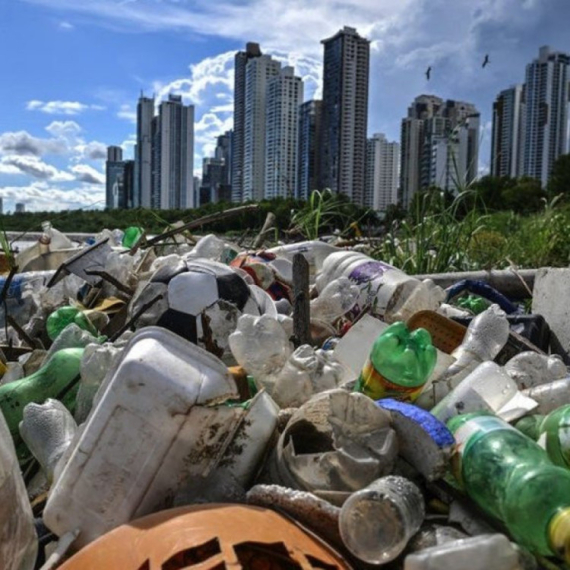
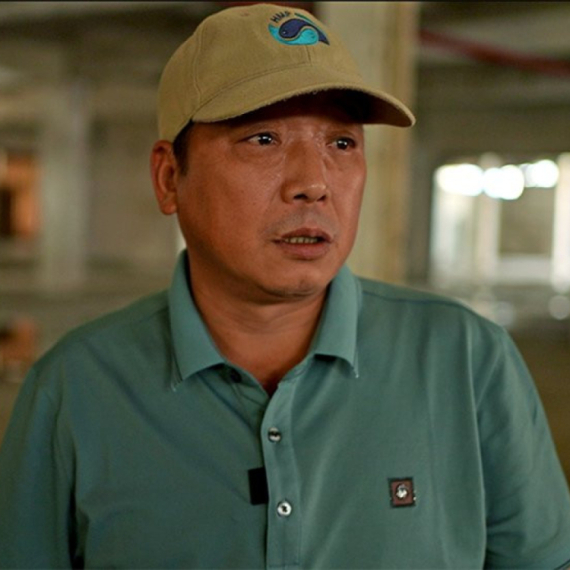



Komentari 0